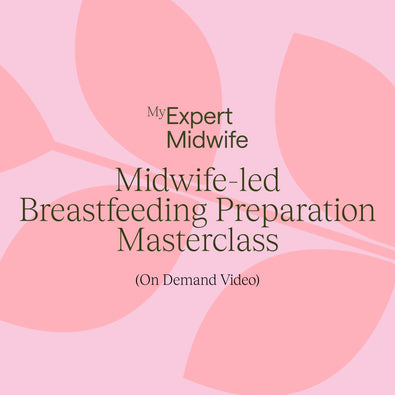Bringing a baby into the world is a life-changing experience one filled with joy, questions, and sometimes a little overwhelm. As a midwife, I’ve supported many families through the early days of parenthood, and I want to share some of the basics that can help you feel more confident as you start your journey.
Whether you’re pregnant, just had your baby, or supporting someone who has, here’s your Baby 101 simple, honest guidance from someone who’s walked this path with hundreds of families.
Newborn Sleep Isn’t What You Expect
Newborns sleep a lot sometimes 14–17 hours a day but not all at once. Their sleep happens in short bursts, usually 2–4 hours at a time, around the clock. This is completely normal and not a sign that anything’s wrong.
Midwife tip: Sleep when you can. Rest is essential, and it’s okay to let go of other things while you recover and bond with your baby.
Feeding Takes Time and Practice
Whether you’re breastfeeding, expressing, or bottle feeding, feeding is a learning curve for both you and your baby. Breastfed babies often feed every 1.5 to 3 hours (yes, really!), and cluster feeding (feeding more frequently for a few hours) is normal in the early weeks.
Midwife tip: Trust your body and your baby. If you’re unsure, ask for help feeding support is part of what we’re here for.
Poo Is a Big Deal (Seriously)
Newborn nappies change a lot in the first week. Expect:
-
Day 1–2: Sticky black meconium
-
Day 3–5: Greenish-brown transitional poo
-
Day 5 onwards: Mustard yellow (if breastfed)
Midwife tip: A baby who’s feeding well and producing regular wet and dirty nappies is usually doing just fine.
Crying Is Communication, Not a Problem
Crying is how your baby tells you they need something food, a cuddle, a clean nappy, or just reassurance. It doesn’t mean you’re doing anything wrong, and you can’t spoil a baby by holding them.
Midwife tip: Get to know your baby’s cues. Some signs come before crying, like rooting, sucking hands, or restlessness.
Bonding Happens Over Time
Not everyone feels that instant “rush of love” and that’s okay. Bonding is a process, not a moment. Skin-to-skin, feeding, talking, and holding your baby close all help build that connection.
Midwife tip: Be kind to yourself. Recovery, hormones, and lack of sleep can all affect how you feel. Talk to someone you trust, or reach out to your midwife or health visitor if you're struggling.
You Don’t Need All the Gear
Babies need love, warmth, milk, and a clean b not a dozen gadgets. Keep it simple in the early days. Essentials include:
-
Somewhere safe to sleep
-
Nappies and wipes
-
Basic clothes (vests, sleepsuits)
-
A way to feed (breast or bottle)
Midwife tip: If you’re not sure what you need, ask someone who’s done it not just what they bought, but what they actually used.
Final Thoughts from a Midwife
There’s no such thing as a perfect parent only a responsive one. Your baby doesn’t need perfection, they need you. Follow your instincts, ask for support when you need it, and remember, you’re learning together. If you want to reach out to use our Call The Midwife Chat online, our real-life, straight-talking midwives are on call for live chat Monday to Friday, 9–4, dishing out Virtual Tea & Toast and the kind of support that makes you exhale (in the best way). Hit the button, spill the worries we’ve got you
You’ve got this, and we’re here to walk alongside you every step of the way, look after yourself.
Love Midwife Char x



















